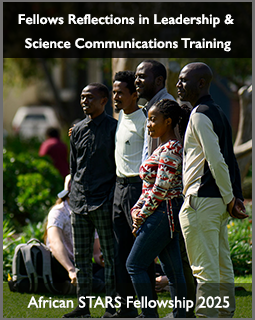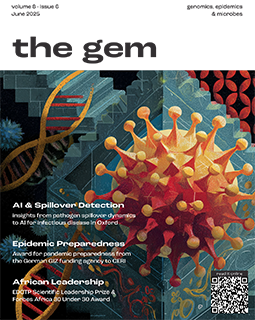CERI Empowers African Scientists with Exomes Training to Advance Rare Disease Diagnoses
The Centre for Epidemic Response & Innovation (CERI) at Stellenbosch University (SU) hosted a training focused on exomes preparation, aimed at advancing the diagnosis and treatment of rare diseases among paediatric patients. By producing Exomes in South Africa in real-time provides medical professionals the ability to diagnose and develop tailored treatment plans for affected children.

The production of Exomes in South Africa is now possible because of CERI’s NovaSeq 6000 machines, powerful instruments capable of sequencing large genomes, including human exomes at a fraction of the price of smaller DNA sequencing instruments. CERI takes pride in owning two of these state-of-the-art devices at their laboratories. Moreover, CERI scientists are excited to help South Africa to have access to specialized genomic testing. This investment demonstrates CERI's commitment to challenging the status quo to make Africa a genomics powerhouse.
The training brought together a team of dedicated scientists from CERI at SU, KwaZulu-Natal Research Innovation and Sequencing Platform (KRISP) at University of KwaZulu-Natal and SEPARATIONS to explore cutting-edge techniques in genomic sequencing.
Dr. Yeshnee Naidoo, the Laboratory Manager at CERI, expressed her delight at hosting the training session, stating, "We are thrilled to be able to offer this training, as it aligns perfectly with our vision to empower scientists in Africa. By equipping researchers with the skills and tools necessary to harness the potential of genomic sequencing, we can make significant strides in treating rare diseases."
The collaboration between CERI, KRISP and SEPARATIONS during the training session provided participants with an opportunity to engage, exchange knowledge, and expand their understanding of exomes preparation. This collaboration also involves clinical interpretation of Exomes with Tygerberg Hospital and Inkosi Albert Luthuli Central Hospital clinical geneticists. Through these collective efforts, CERI aims to enhance the capabilities of African scientists and drive progress in the field of genetic diseases.
News date: 2023-06-11
Links:










